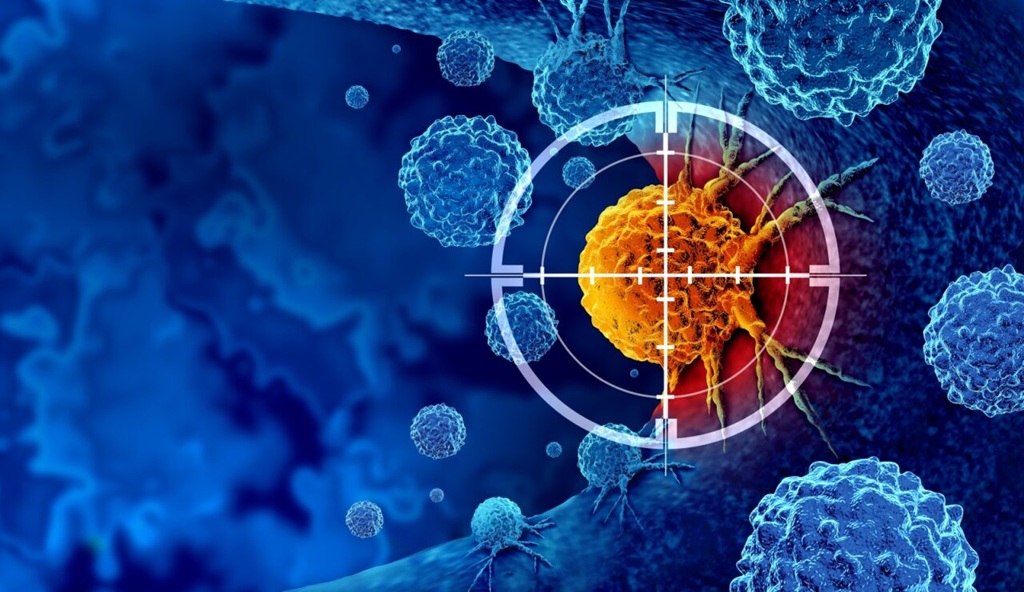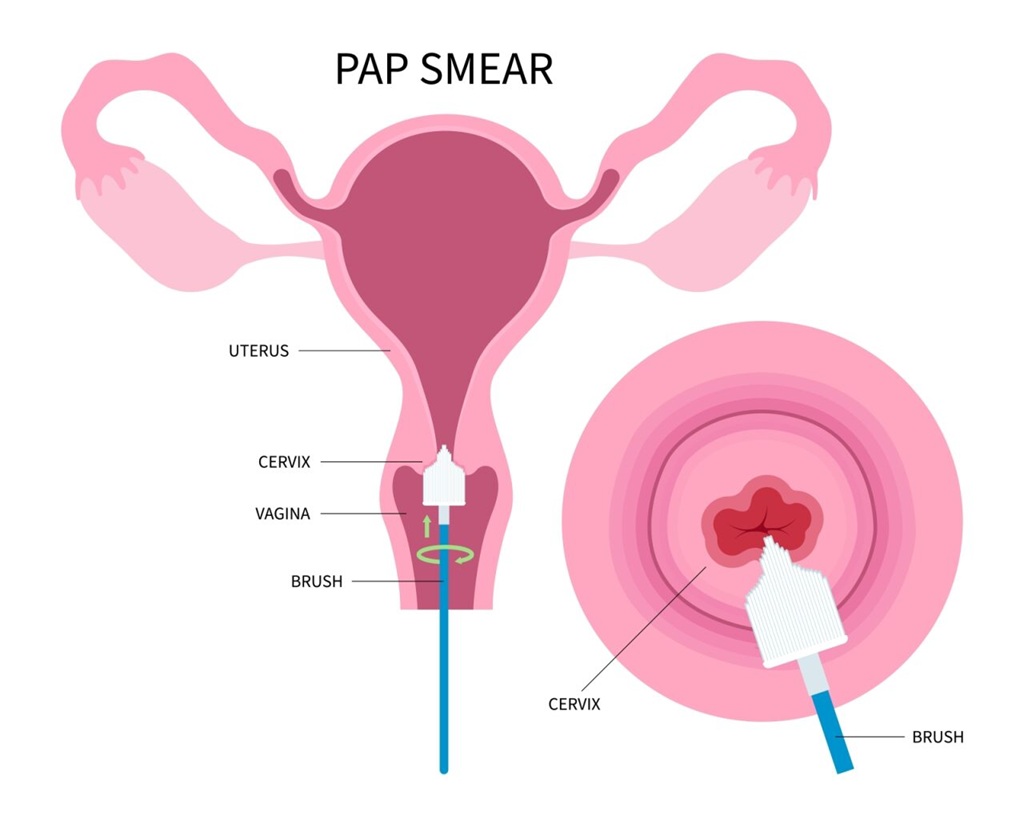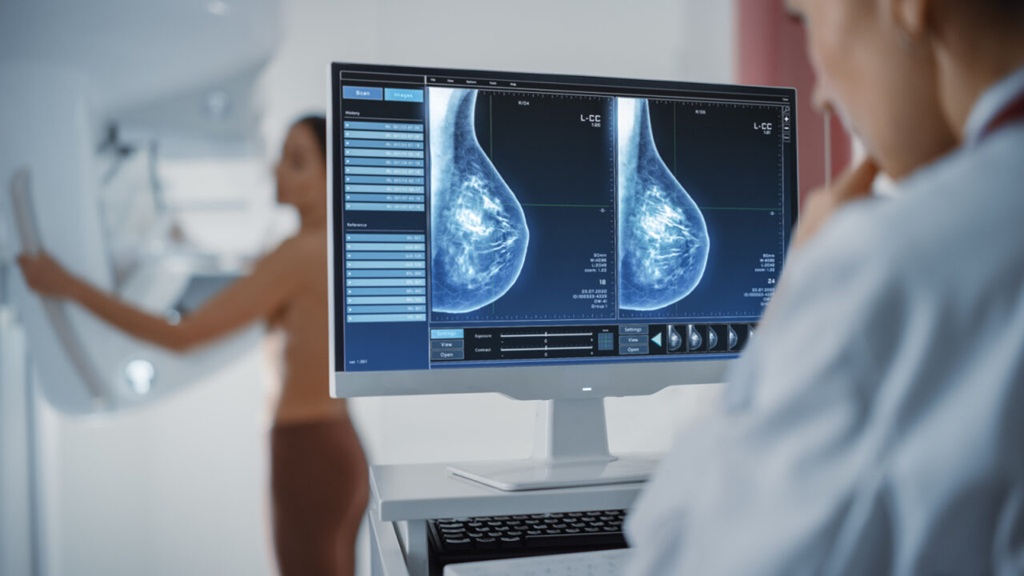Early cancer detection can save lives by catching the disease before it spreads and becomes harder to treat. Recognising the early signs of cancer, undergoing regular cancer screening tests, and consulting your doctor for a cancer diagnosis are vital steps in ensuring timely treatment and better outcomes.

Cancer develops when cells in the body grow uncontrollably, forming a tumour or spreading to other organs. Detecting cancer at its earliest stages provides the best chance for effective treatment and recovery. If left unchecked, cancer can progress to advanced stages where treatment is more challenging, expensive, and less effective.
Early detection benefits include:
Mammograms use low-dose X-rays to identify breast abnormalities like lumps or calcifications, often before symptoms appear. Women over 40 should consider routine screenings every 1-2 years.
Pap Smears and HPV Tests: For Cervical Cancer

Understanding your personal and family history is critical in identifying cancer risks. Certain cancers, such as breast and colorectal cancer, can have genetic links. If you have a family history of cancer, discuss genetic testing and regular cancer screening with your doctor.
Screening tests are designed to catch cancer in its earliest stages, even before symptoms develop. Recommended cancer screening tests include:

Pap smears detect abnormal cervical cells, while HPV tests screen for high-risk HPV strains linked to cervical cancer. These are essential for women aged 21 to 65.
A colonoscopy checks the colon and rectum for polyps or cancer. It not only detects early signs but can also prevent cancer by removing precancerous growths.
Low-dose CT scans are recommended for heavy smokers or those at high risk of lung cancer, helping detect it at an early and more treatable stage.
Consult your doctor to determine the right screening schedule based on your age, gender, and risk factors.
Regular self-checks, such as breast self-examinations, can help you notice any unusual changes like lumps or skin discolouration. These changes should prompt a visit to a doctor.
If you notice ongoing symptoms such as unexplained weight loss, a persistent cough, or abnormal bleeding, it’s important to consult a specialist for a cancer diagnosis. A comprehensive approach involving physical exams, imaging tests, blood tests, and biopsies can help confirm or exclude the presence of cancer.
Being aware of potential red flags is a key part of understanding how to detect cancer early. Some early symptoms include:
Paying attention to these early signs of cancer and consulting a doctor can prevent disease progression and improve treatment outcomes.
Understanding the stages of cancer is vital for knowing the severity of the disease and guiding treatment options. Cancer stages are classified as follows:
Knowing your stage allows your doctor to personalise your treatment plan. Early detection keeps cancer from progressing to later stages, improving survival rates significantly.
If you notice any unusual or persistent symptoms, it’s important to consult an oncologist or visit an oncology hospital as soon as possible. This is especially true if:
Detecting cancer early can make the difference between life and death. Understanding how to detect cancer early, recognising early signs of cancer, and undergoing regular cancer screening are your best tools to fight this disease. Regular check-ups, self-awareness, and timely consultations with medical professionals can help you stay ahead of cancer. Remember, early action can save lives.
If you are looking for an oncology hospital in Bangalore or oncologist in Bangalore, you are welcome to visit your nearest SPARSH Hospital.
Detecting cancer early often involves a combination of regular screenings, awareness of potential symptoms, and a proactive approach to health. Some common methods include:
Yes, early detection of cancer can significantly improve the chances of successful treatment and survival. When cancer is detected at an early stage, treatment options are often more effective, less aggressive, and less invasive. Early detection may also allow for smaller tumors to be removed, reducing the risk of metastasis (spread to other parts of the body). With prompt intervention, the prognosis for many cancers is much better, making early detection a crucial factor in saving lives. Regular screenings and paying attention to your body’s signals can be lifesaving.
Categories: Oncology
Know How to Detect Cancer in Early Stages and Save Lives is available for appointments. Please fill the below form to book an appointment.
Unlock the door to exceptional healthcare, book an appointment with SPARSH Hospital and let your journey to wellness begin.